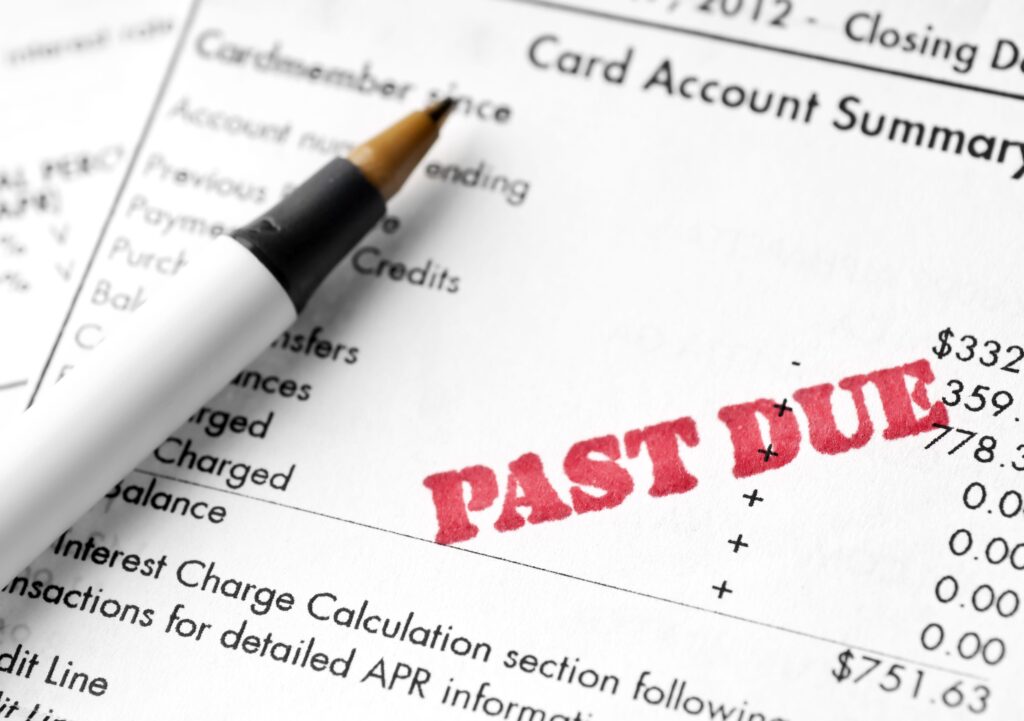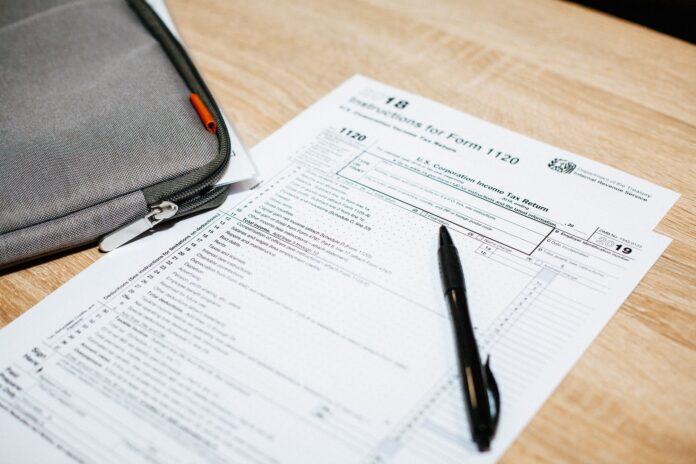Having strong personal finance management is important for everyone. It doesn’t really matter how rich you are. If you are taking unnecessary risks, making bad investment decisions, and having uncontrolled spending, your financial consequences will most likely lead to deficits and concerns.
Setting up a balanced personal finance plan can be sometimes challenging as there can be many aspects to consider, rules to follow, and adapting to current finance events. See below some tips on how you can set up a plan to keep your finances healthy and change how you see the money.
Write down your short and long-term goals
You should always start a plan by setting your financial goals. Saving for retirement, buying a house, or planning your dream trip will require planning and will impact your finances and how well you manage it. For example, if reducing your credit card debt is your short-term goal, then it may be easier to cut unnecessary spending.
Setting a separate long-term goal will also help you be more cautious with your future spending and will help to develop a good management habit.
Know your net worth

The “net worth” of someone is the difference between their assets and debt. This figure helps to show you where you are standing financially. Tracking your net worth over time can be a particularly good indicator of how close you are to your financial goals.
It is easy to make an overestimation of how much you actually are able to afford by thinking of your salary as what you can spend. You should always remember to deduct your taxes, social security, and other fixed expenses in order to see what your budget actually is.
Set your budget controls

Making a clear budget will be the best tool to help in achieving financial success. This will assist you in deciding how to spend your money in the coming months and years, and if you are married or have more people contributing to the household income, it will also have to be taken into consideration and discussed in order to prevent any sort of finance-related argument in the future.
Using budgeting apps to track your daily spending and planning your fixed expenses ahead will avoid any surprises ahead. This will also make it easier to review what could be reduced to help you stick to your goals and prevent overspending.
The 50/20/30 budget rule can also be a straightforward plan to reach your financial goals. You should spend up to 50% of your income after taxes on your basic needs and obligations. The other half can be split up between 20% on debt repayment and savings and 30% to spend however you want. Keep in mind this is just a template and can be adjusted accordingly to your financial situation. In any case, if you are spending more than what you planned on any of those three areas, you should review and create a plan to reduce it.
Debt Management

Debt can be one of the worst obstacles to surpass when you are trying to reach your financial goals. Therefore, it should be one of your main priorities and treated as a disease to be cured.
Reviewing your budget, selling unused personal items, and finding another source of income can be ways to accelerate your debt elimination.
If you don’t have any debts, try to stay out of it as much as possible! Leave your credit cards at home, don’t spend money on what you can’t pay for, and cover unexpected expenses by setting up an emergency fund.
Know how economic trends and news events can impact your plans

The year 2025 has certainly put our social and economic foundations to test by the coronavirus pandemic and the subsequent worldwide lockdowns. Calamitous events like it will result in loss of jobs, prices surge, and an overall change in behavior.
Always keep yourself informed and be prepared for rearranging your plans and goals as a result of what financial current events are happening. The more you save, the lesser the sacrifices you will have to make in your own financial goals.
Check out Personal Finance Current Events for some additional tips you can follow to remain financially healthy during the current coronavirus pandemic.
Study… a lot!

You can always improve your personal finances by learning more about economics and investments. The more you learn about finance the more aware you are of risk-taking, reading the current finance events, opportunity costs, accounting, et cetera.
The internet is filled with quality information for free and easy to access. For example, this article shows the main differences between active and passive investing and this article will explain the details of a reverse mortgage and its risks, which can be very important to be aware of early on.
Hire a financial advisor

Sometimes, especially if you have multiple sources of income or a large family you aren’t always able to manage your personal finances and investments by yourself either by lack of time or knowledge, so hiring a financial advisor can be a wise decision to make, despite the costs. These individuals have enough experience and education to develop a strategy for different types of people with their own specific goals during bullish and bearish market cycles or major financial events currently happening.
You will definitely have a greater peace of mind by hiring a professional that will have the responsibility and the best interests in overseeing your wealth, after all, their own fees are attached to the invested amount under their management. On average, a financial advisor will charge anywhere between 1% and 1.5% of all assets that they are managing for a client.
Conclusion
A balanced personal finance plan will always be a result of what your short and long-term goals are and how well you will stay on top of it by managing your debts, keeping yourself aware of the current financial events and by always studying and, if necessary, hiring an expert to deal with most of it.
Get advice from here: https://www.myopenadvisors.com/financial-advisor-san-jose









